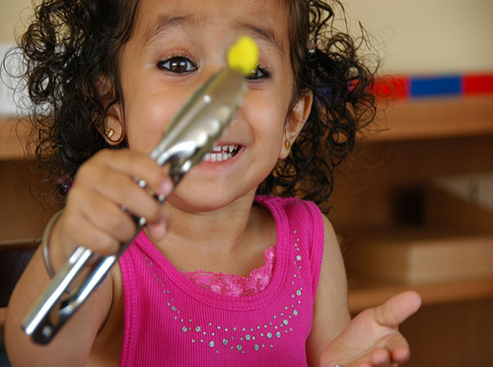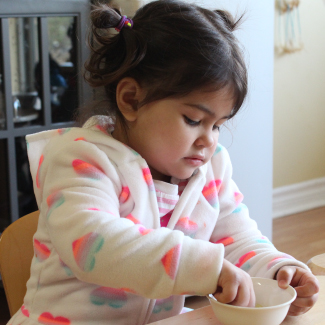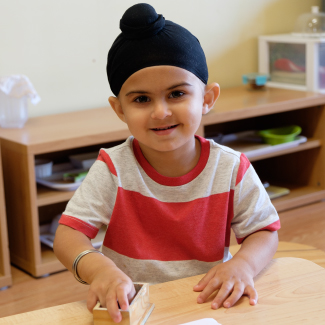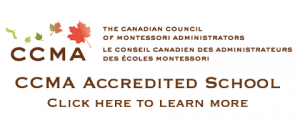What do researchers at Harvard think about Montessori?
How do Innovators Think?
What makes visionary entrepreneurs such as Apple’s Steve Jobs, Amazon’s Jeff Bezos, Ebay’s Pierre Omidyar and Meg Whitman, and P&G’s A.G. Lafley tick? In a question-and-answer session with HBR contributing editor Bronwyn Fryer, Professors Jeff Dyer of Brigham Young University and Hal Gregersen of Insead explain how the “Innovators’ DNA” works.This post is part of HarvardBusiness.org’s Creativity at Work special package.
Fryer: You conducted a six-year study surveying 3,000 creative executives and conducting an additional 500 individual interviews. During this study you found five “discovery skills” that distinguish them. What are these skills?
Dyer: The first skill is what we call “associating.” It’s a cognitive skill that allows creative people to make connections across seemingly unrelated questions, problems, or ideas. The second skill is questioning — an ability to ask “what if”, “why”, and “why not” questions that challenge the status quo and open up the bigger picture. The third is the ability to closely observe details, particularly the details of people’s behavior. Another skill is the ability to experiment — the people we studied are always trying on new experiences and exploring new worlds. And finally, they are really good at networking with smart people who have little in common with them, but from whom they can learn.
Fryer: Which of these skills do you think is the most important?
Dyer: We’ve found that questioning turbo-charges observing, experimenting, and networking, but questioning on its own doesn’t have a direct effect without the others. Overall, associating is the key skill because new ideas aren’t created without connecting problems or ideas in ways that they haven’t been connected before. The other behaviors are inputs that trigger associating — so they are a means of getting to a creative end.
Gregersen: You might summarize all of the skills we’ve noted in one word: “inquisitiveness.” I spent 20 years studying great global leaders, and that was the big common denominator. It’s the same kind of inquisitiveness you see in small children.
Fryer: How else do you think the innovative entrepreneurs you studied differ from average executives?
Dyer: We asked all the executives in our study to tell us about how they came up with a strategic or innovative idea. That one was easy for the creative executives, but surprisingly difficult for the more traditional ones. Interestingly, all the innovative entrepreneurs also talked about being triggered, or having what you might call “eureka” moments. In describing how they came up with a product or business idea, they would use phrases like “I saw someone doing this, or I overheard someone say that, and that’s when it hit me.”
Fryer: But since most executives are very smart, why do you think they can’t, or don’t, think inquisitively?
Dyer: We think there are far more discovery driven people in companies than anyone realizes. We’ve found that 15% of executives are deeply innovative, meaning they’ve invented a new product or started an innovative venture. But the problem is that even the most creative people are often careful about asking questions for fear of looking stupid, or because they know the organization won’t value it.
Gregersen: If you look at 4-year-olds, they are constantly asking questions and wondering how things work. But by the time they are 6 ½ years old they stop asking questions because they quickly learn that teachers value the right answers more than provocative questions. High school students rarely show inquisitiveness. And by the time they’re grown up and are in corporate settings, they have already had the curiosity drummed out of them. 80% of executives spend less than 20% of their time on discovering new ideas. Unless, of course, they work for a company like Apple or Google.
We also believe that the most innovative entrepreneurs were very lucky to have been raised in an atmosphere where inquisitiveness was encouraged. We were stuck by the stories they told about being sustained by people who cared about experimentation and exploration. Sometimes these people were relatives, but sometimes they were neighbors, teachers or other influential adults. A number of the innovative entrepreneurs also went to Montessori schools, where they learned to follow their curiosity. To paraphrase the famous Apple ad campaign, innovators not only learned early on to think different, they act different (and even talk different).
Professors Jeff Dyer of Brigham Young University, Hal Gregersen of Insead, and Clay Christensen of HBS further explore this topic in an article which will appear in the December issue of Harvard Business Review.
(Source: http://blogs.harvardbusiness.org/hbr/hbreditors/2009/09/how_do_innovators_think.html)







